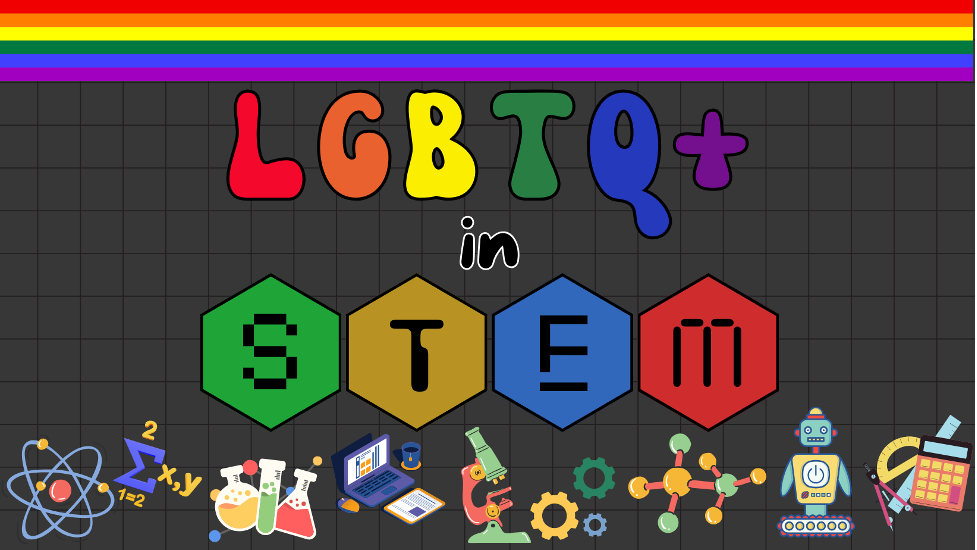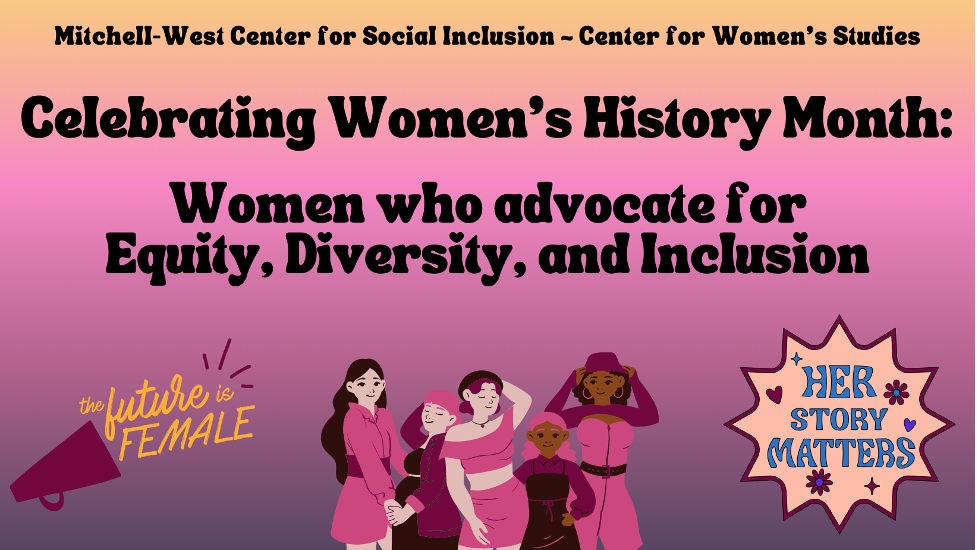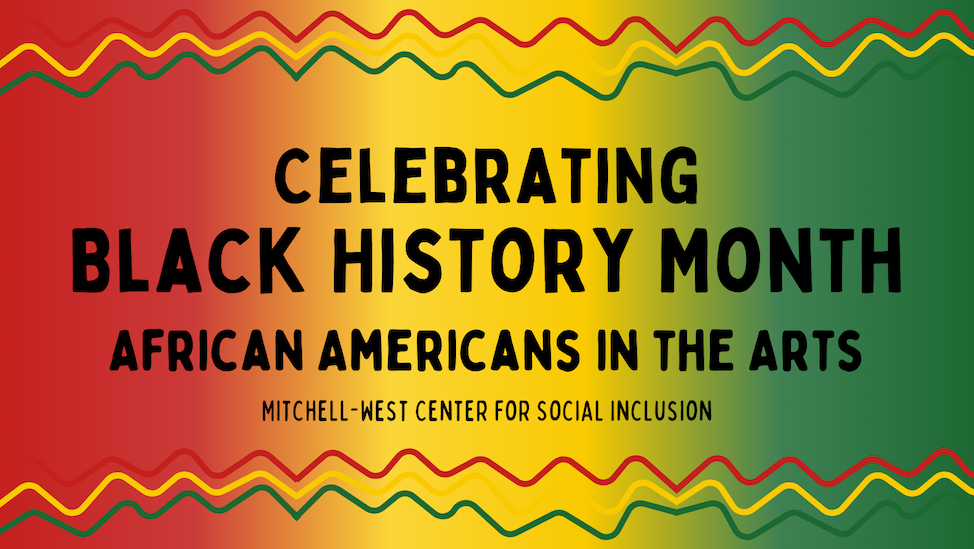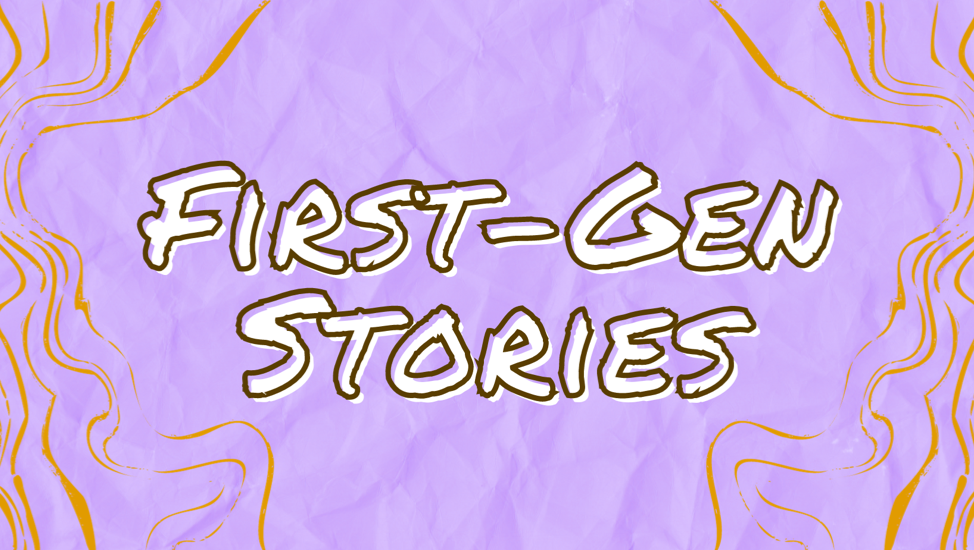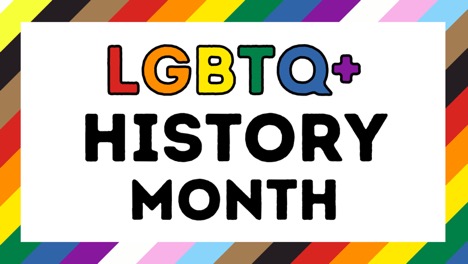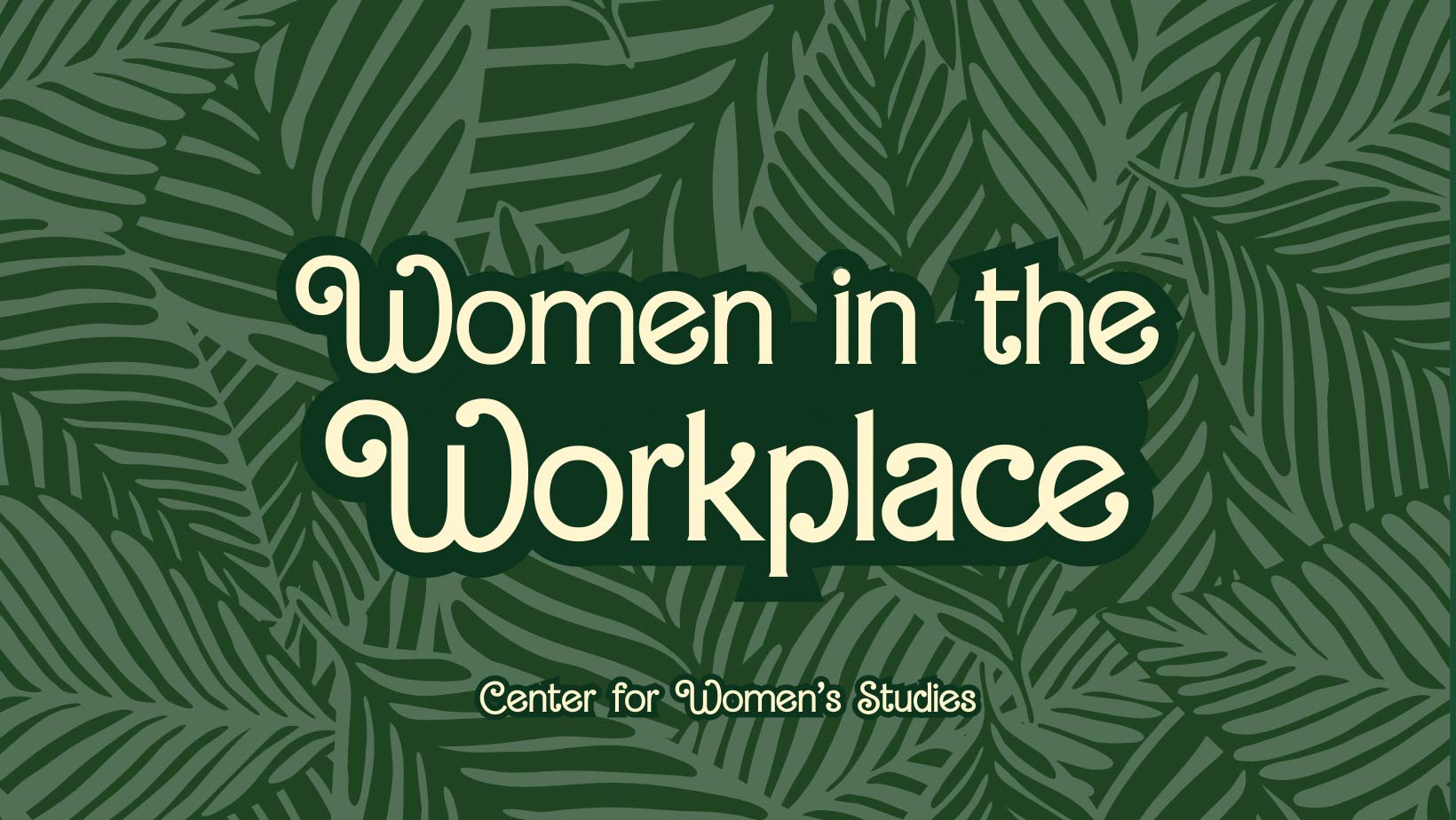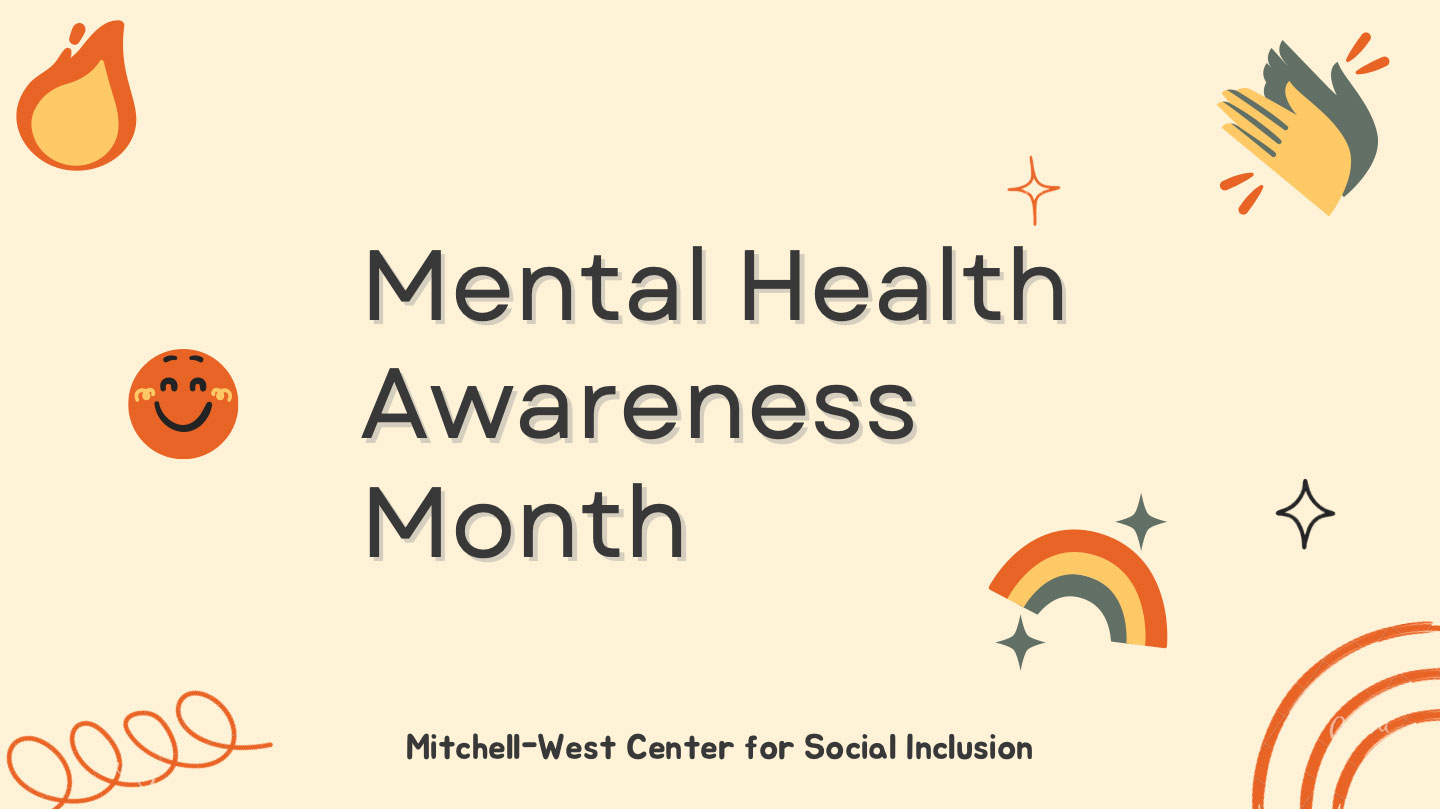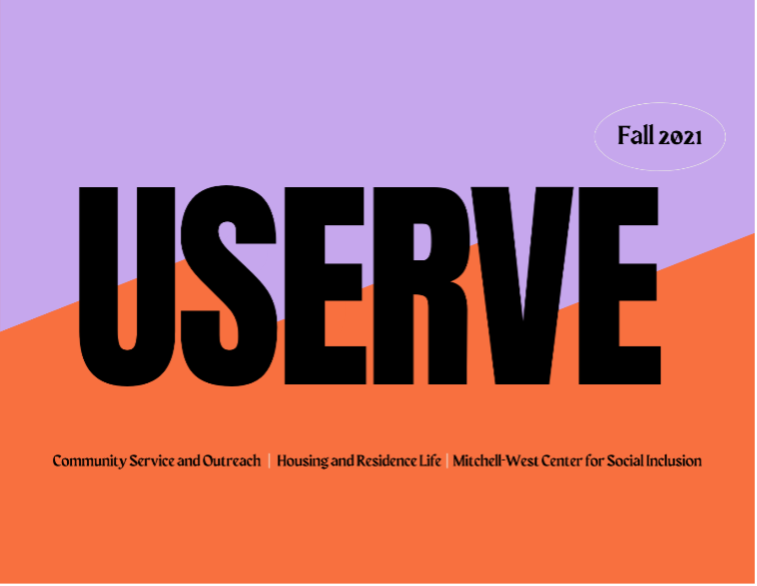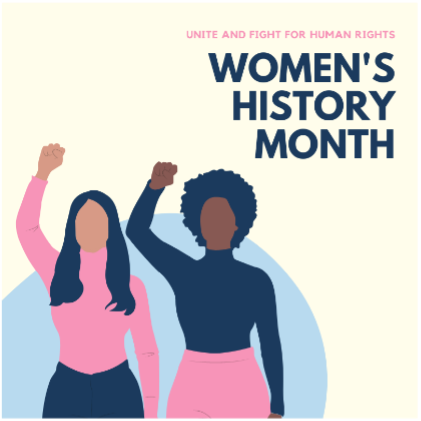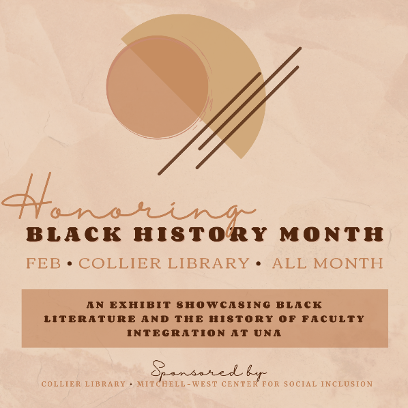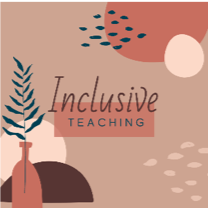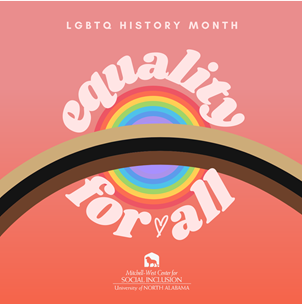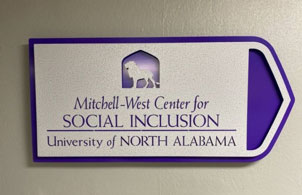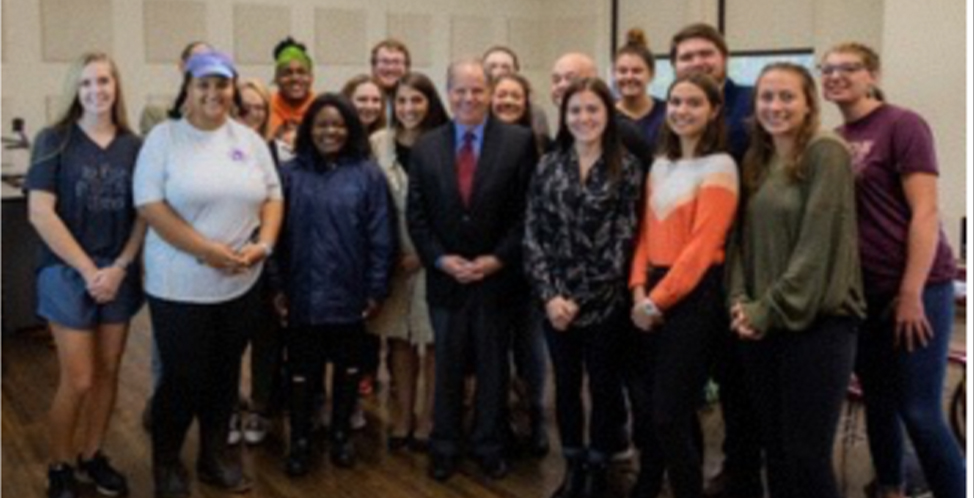Mitchell-West Center for Social Inclusion Blog
Every year, during the first week of April, the University of North Alabama celebrates Diversity Education Week (D.E.W.). This is a week dedicated to highlighting and celebrating the differences amongst everyone in the UNA campus community, as well as learning more about the history of diversity in education and advocating for the continued support of diverse students on college campuses.
This month we celebrate women all around the world, young and old, past and present, during Women’s History Month.
This month, the Mitchell-West Center for Social Inclusion is celebrating Black History Month by looking into the rich and beautiful influence of African Americans- and their struggles- on the arts.
Every year on November 8th, we celebrate First-Generation College Celebration Day, honoring first-gen students and graduates in their accomplishments and careers.
Rodney Wilson, a Missouri high school teacher, organized the first official LGBTQ+ History Month in 1994, along with fellow educators and community leaders and national LGBTQ+ advocacy organizations. In 2006, Equality Forum began facilitating LGBTQ+ History Month and they continue to celebrate the achievements of the LGBTQ+ community by highlighting an exemplary individual each day during the month of October.
This month, the Center for Women’s Studies and the Mitchell-West Center for Social Inclusion want to highlight some of the women throughout history that have paved the way for workplace safety, equality, and equity through their work and persistence in breaking boundaries.
We know that life after college can be scary, exciting, and difficult. Well, we got you covered! As you read through this blog, you’ll find some tips and tricks for the workforce when the time comes. We hope that these tips will help you to be more confident as you go into the “real world”.
April is Sexual Assault Awareness Month. This year’s theme is “Drawing Connections: Prevention Demands Equity.” The mission of this month is to raise awareness about sexual violence that occurs around the world, to help educate people on ways to prevent it, and to address racial equity in the ways we respond to and support survivors.
Women’s History Month is dedicated to celebrating all the women who have done significant work which usually piles up into the stack of overlooked contributions. This is a month where we have the opportunity to discuss, honor, and reflect on the role women have played in shaping the world that it is today. The national Women’s History Month theme for 2023 is “Celebrating Women Who Tell Our Stories.”
Nearly 46 million people identify themselves as Black or African American in the U.S. From trailblazers like George Washington Carver and Dorothy Height to present day role models Anita Hill and Neil deGrasse Tyson, the Black community has put enormous effort into the ongoing fight for social, racial, and economic justice.
We recognize Native Americans as the original inhabitants, explorers, and settlers of the United States. We honor the rich ancestry, traditions, and culture of Native American people, and acknowledge the work that needs to be done to ensure the rights and recognition of Indigenous Peoples across America.
The Mitchell-West Center for Social Inclusion and Center for Women’s Studies will be observing including LGBTQ+ History Month, Breast Cancer Awareness Month, and Domestic Violence Awareness Month throughout October. There will be various events, workshops, and exhibits to help educate our campus community.
We are so excited to begin our 4th Fall semester here on campus since opening in August 2019. In case you missed it, the Mitchell-West Center for Social Inclusion has grown! The Center for Women’s Studies is now co-located with us in Rice Hall on the 1st Floor.
Sagan is a local Florence teen. She reached out to volunteer with the Mitchell-West Center for Social Inclusion this summer and wanted to write a blog about the importance of social engagement, but from a different perspective. Enjoy this special edition, written by Sagan Hart.
Summer break is right around the corner! Even though you won’t feel the same pressure to pull all-nighters or work on assignments, you still have “work” to do. The summer offers you a great opportunity to do all the fun and relaxing things you’ve been putting off for the past months, nonetheless, it is also a perfect time for you to check in on your emotional and mental health.
Diversity Education Week (DEW) is celebrated as a part of upholding our commitment to creating a welcoming and inclusive campus. We use this week to promote awareness and understanding of diverse cultures and intersectional identities by building opportunities for connection, community, and engagement. DEW is a signature week presented by the Division of Diversity, Equity, and Inclusion.
The National Women’s History Alliance designates a yearly theme for Women's History Month. The 2022 theme is "Women Providing Healing, Promoting Hope." This is “both a tribute to the ceaseless work of caregivers and frontline workers during this ongoing pandemic and also a recognition of the thousands of ways that women of all cultures have provided both healing and hope throughout history."
In the United States, Black History Month is observed during the month of February. This month often serves as a time of education, reflection, remembrance, and action. As we honor this month-long event, we can recognize the importance of acknowledging and honoring intersectional identities within Black communities.
Since beginning in 2019, we have centered our work philosophy around collaboration. As a new Center on campus, we were tasked with supporting education, research, community, and advocacy by working with different stakeholders on campus, in the Shoals, and across the state and region. Our goal has been to provide an accessible and inclusive space for students and faculty to share knowledge, collaborate on interdisciplinary projects, and build sustainable partnerships with organizations that are committed to addressing some of the most pressing social problems that we face today.
Our November 2020 blog describes the active citizen continuum model, which suggests a process of experiential learning that focuses on questioning, understanding, and implementing actions to address social issues. UServe is based on this model and is an interactive civic engagement program at UNA that was developed in 2019 as the brainchild of Community Service and Outreach and the Mitchell-West Center of Social Inclusion. Since its inception, Housing and Residence Life has been an instrumental co-sponsor for the monthly educational component before our service event.
Did you know that UNA is the first state-supported co-educational institution south of the Ohio River and the oldest co-educational teacher’s college in the U.S.? We will have several events throughout the year to honor women and you can keep up with these on our webpage. We will kick off the semester with the Women of Action series.
Mental Health Awareness Month has been recognized since 1949 in the United States. The awareness month started off as a week that was launched by the founder, Clifford W. Beers, of Mental Health America. The organization and awareness month aim to destigmatize mental illnesses and raise awareness on suicide, while drawing attention to psychological disorders and the communities that they affect nationwide.
Because if we aim to include “everyone” we’re overlooking the very lives and dynamics that make inclusive pedagogies not just necessary but meaningful and rewarding. Aiming to include “everyone” is an equivalent of the ever-popular “I-don’t-see-color” when talking about race.
March is upon us which means it is Women's History Month. While women’s accomplishments are important every day, this month is dedicated to commemorating vital role of women in American history. Women’s History Month started as Women’s History Week in 1982 after Congress passed Pub. L. 97-28. Over the next five years following this initial commemoration, Congress continued to pass joint resolutions that designated a week in March as Women’s History Week.
Dr. Wendell Gunn is important to the history of UNA as he was the first Black student to integrate the University in 1963 (at that time we were known as Florence State College). While Gunn’s legacy is significant, we still have much to learn about the history of Black faculty integration at the University. This is not that far removed from today and faculty diversity is still at the forefront of diversity, equity, and inclusion efforts in higher education across the nation.
Inclusive teaching refers to “pedagogy that strives to serve the needs of all students regardless of background or identity, and support their engagement with the subject material” (Yale Poorvu Center for Teaching and Learning, 2020). This involves intentionality and a focus on creating a learning environment where all students are treated equitably by having access to course materials and opportunities to succeed.
Civic engagement or civic participation is vital for a democracy to survive and thrive. Civic engagement involves collective action to address issues of public concern, working to make a difference in civic life within a community, and developing the knowledge and skills to make a difference.
LGBTQ+ History Month was created in 1994 by a high school history teacher in Missouri named Rodney Wilson (GLAAD.org). According to the Library of Congress, a resolution was passed in 1995 by the General Assembly of the National Education Association to include LGBT History Month within a list of commemorative months.
We are heading into our second year as a center on campus and thought that our first blog of the semester should introduce or reintroduce you all to the Mitchell-West Center for Social Inclusion, located on the 1st floor of Rice Hall.
James Baldwin once said, “History, as nearly no one seems to know, is not merely something to be read. And it does not refer merely, or even principally, to the past. On the contrary,” he continued, “the great force of history comes from the fact that we carry it within us, are unconsciously controlled by it in many ways, and history is literally present in all that we do.
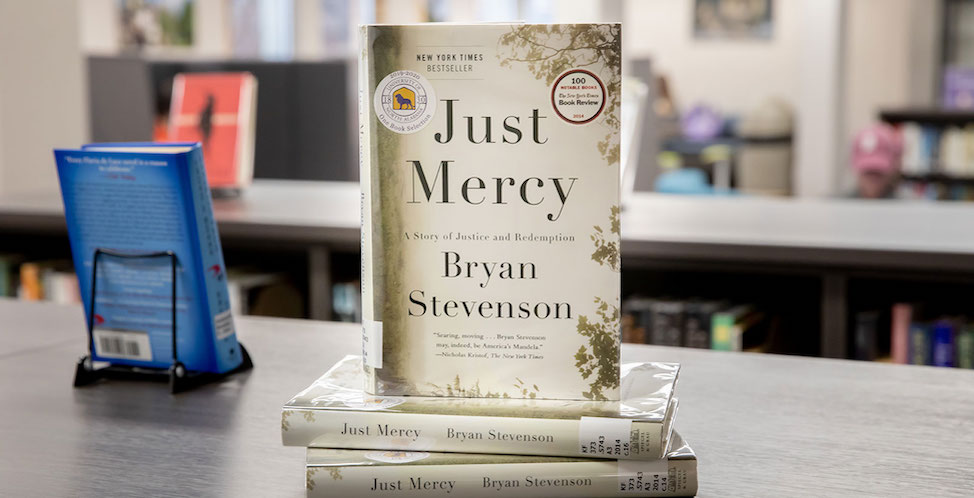
There is an ever-increasing need for these civic values in our democratic society, particularly in a nation with many differing social, cultural, economic, and political backgrounds, and where historically some citizens have been privileged at the expense of others. We approach our teaching through this lens and believe that teachers have a profound responsibility in preparing children to be socially-just individuals.
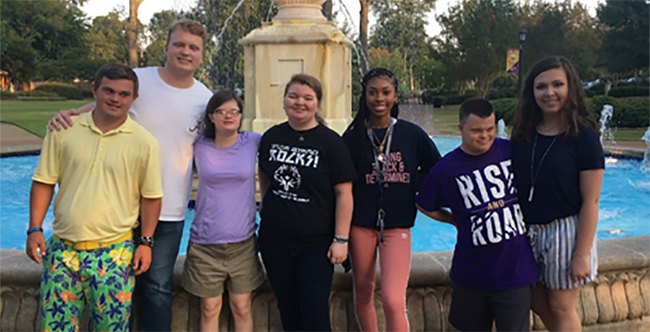
The Collaborative Special Education program prepares undergraduate and graduate students to work in general and special education settings with children and young adults who have varying ranges of exceptionalities.
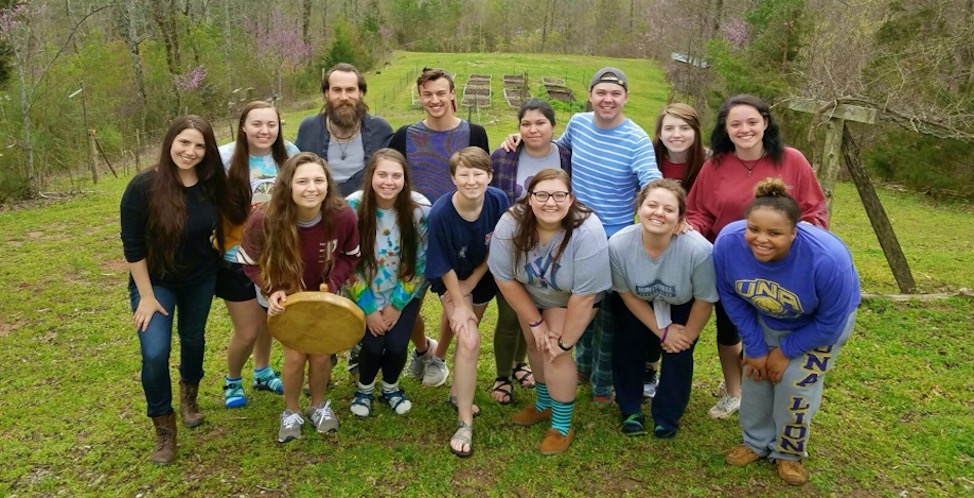
Alternative Breaks are what you get when you mix social justice, meaningful action, and opportunity with a group of college students.

In 2016, we approached Limestone Correctional Facility, a large maximum-security prison that holds approximately 2200 men, to see whether UNA could help to meet the facility’s educational needs as outlined in a local news article.

Students living with disabilities are enrolling in postsecondary institutions at an increasing rate. The National Center for Education Statistics reports that during the 2015-2016 academic year, 19% of college undergraduate and 11.9% of postbaccalaureate students reported having a disability.
